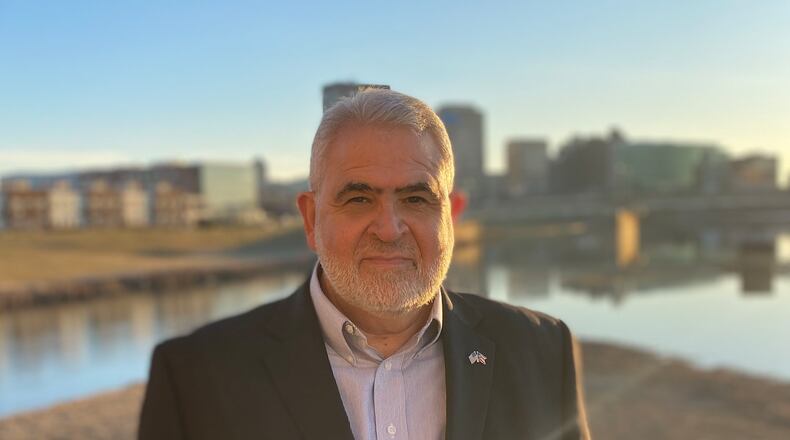The concerns previously raised by local activists about the deployment of unproven technologies to curb gun violence such as Automated License Plate Readers and ShotSpotter, along with the mayor’s long-awaited implementation of a “Violence Interruption Program” like what is being used in the City of Philadelphia, raise questions about the sincerity and effectiveness of these public safety initiatives. The mayor spoke about this so called “Violence Interruption Program” during a June 29 press conference, and we are still waiting for the details. These measures may seem like superficial efforts that distract from addressing the root cause of gun violence — too much talk, but not enough action.
Almost four years ago, the Interfaith Clergy leaders issued their own communique titled “Interfaith-Clergy Policing Reform Recommendations,” stating: “Our community, like others around the country, is engaged in a long overdue conversation about community safety and policing reform. As faith leaders, we are called to be the conscience of our communities and, because of that, we cannot remain silent on this issue. We must let our voices be heard.”
In September 2022, the national recognition that the City of Dayton received from the National Civic League for its police reform efforts, highlighted the potential for impactful change, but the subsequent stagnation in implementing these recommendations raises concerns about accountability and commitment for the city officials to reform and highlighting a significant gap in addressing systemic gun violence. Instead of looking to Philadelphia to roll out another unproven and costly “Violence Interruption Program” that may not align with the community’s priorities, the City of Dayton must immediately revive and effectively execute its own developed police reform recommendations and strategies. I am urging city leaders to fulfill their promises to the community while addressing ongoing violence.
The Interfaith Clergy communique ended by the statement with: “Some of these policy changes may be difficult, but they are possible and necessary. As our elected officials we expect you to get them done and plan on holding you accountable for doing so. We are here to work with you and support you in getting these measures crafted and implemented. We look forward to meeting with you about these matters in the very near future.”
A strong political will is indeed crucial for supporting the Police Chief and the Dayton Police Department in effectively implementing police reform recommendations, as this ensures alignment with community needs and priorities. Instead of hastily adopting external programs, a thorough assessment of the DPD’s performance in addressing gun violence should be conducted, allowing for an informed approach that builds on existing commitments and resources. The Police Chief’s dedication to public safety and reform indicates a foundational opportunity to foster positive change, but it requires collaborative efforts and ongoing evaluation to enhance effectiveness and community trust.
Commissioner Shenise Turner-Sloss in a recent statement reflected on the ongoing gun violence by saying: ”The gun violence epidemic is one more hardship that has been piled onto Dayton families. I believe that there is a common cause exacerbating all of these and other hardships that confront Dayton residents – the rampant disinvestment that has plagued our neighborhoods for decades. These obstacles do not reduce the urgency for us to Do Something, they instead require us to be innovative and deliberate in our efforts. The only way to treat these symptoms is with proactive community solutions. I do not claim to have the “silver bullet” for all of Dayton’s persisting issues, but I believe that together, we can find a better way forward.”
Youssef A Elzein is a local civil engineer and an Arab American Community Activist.
About the Author
